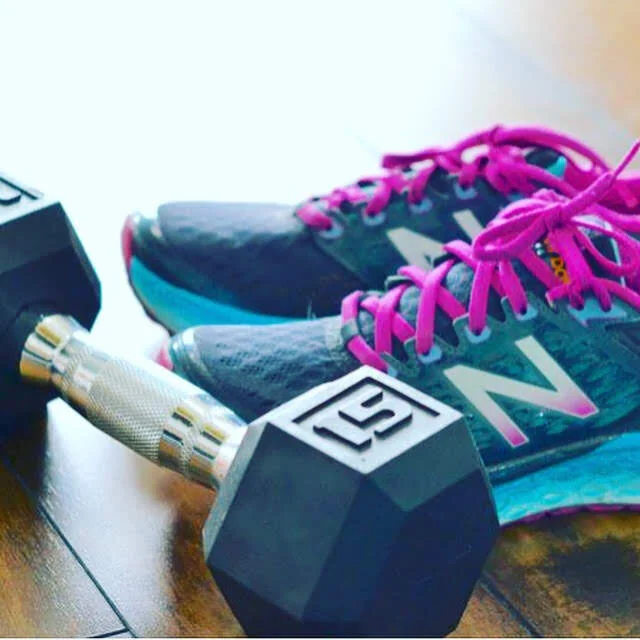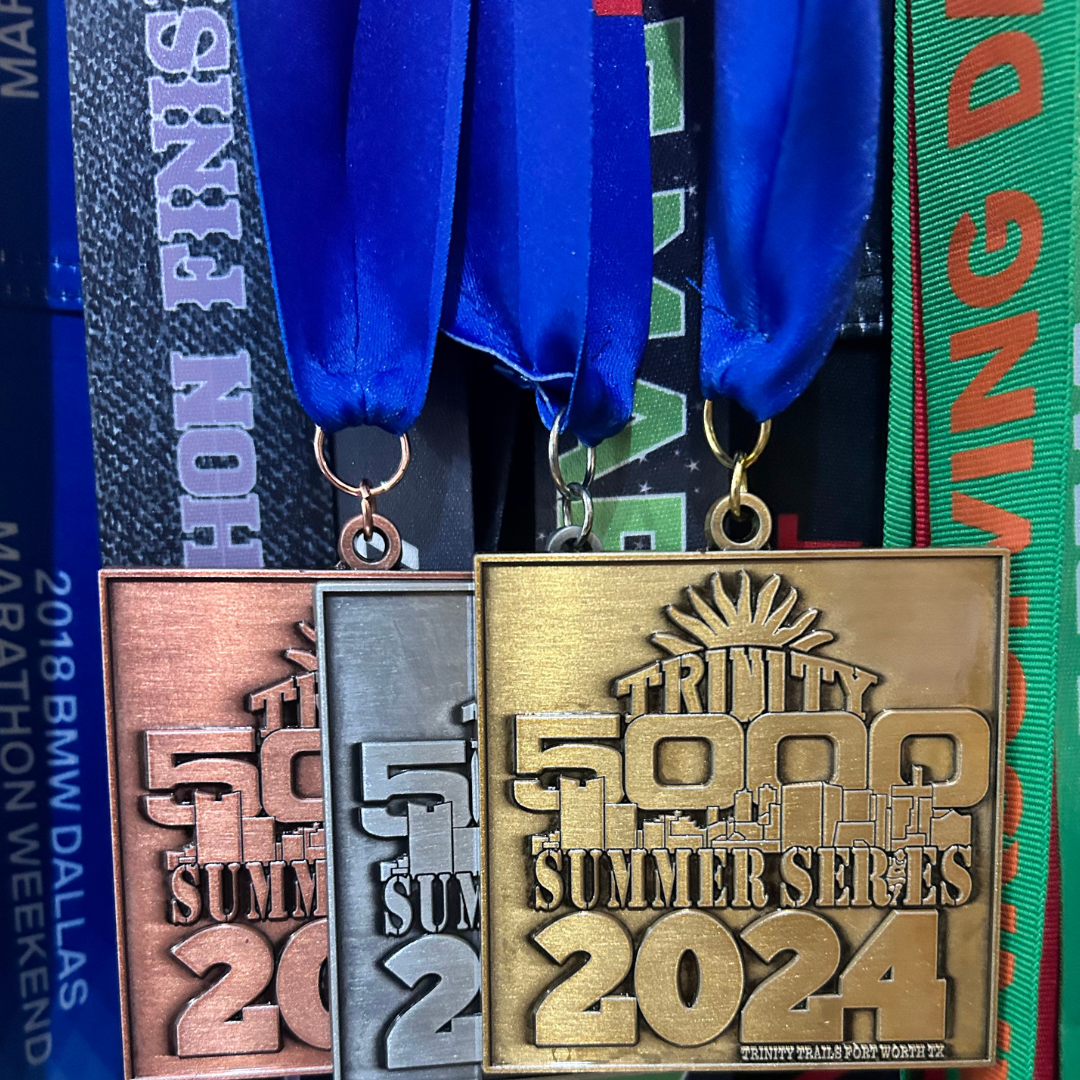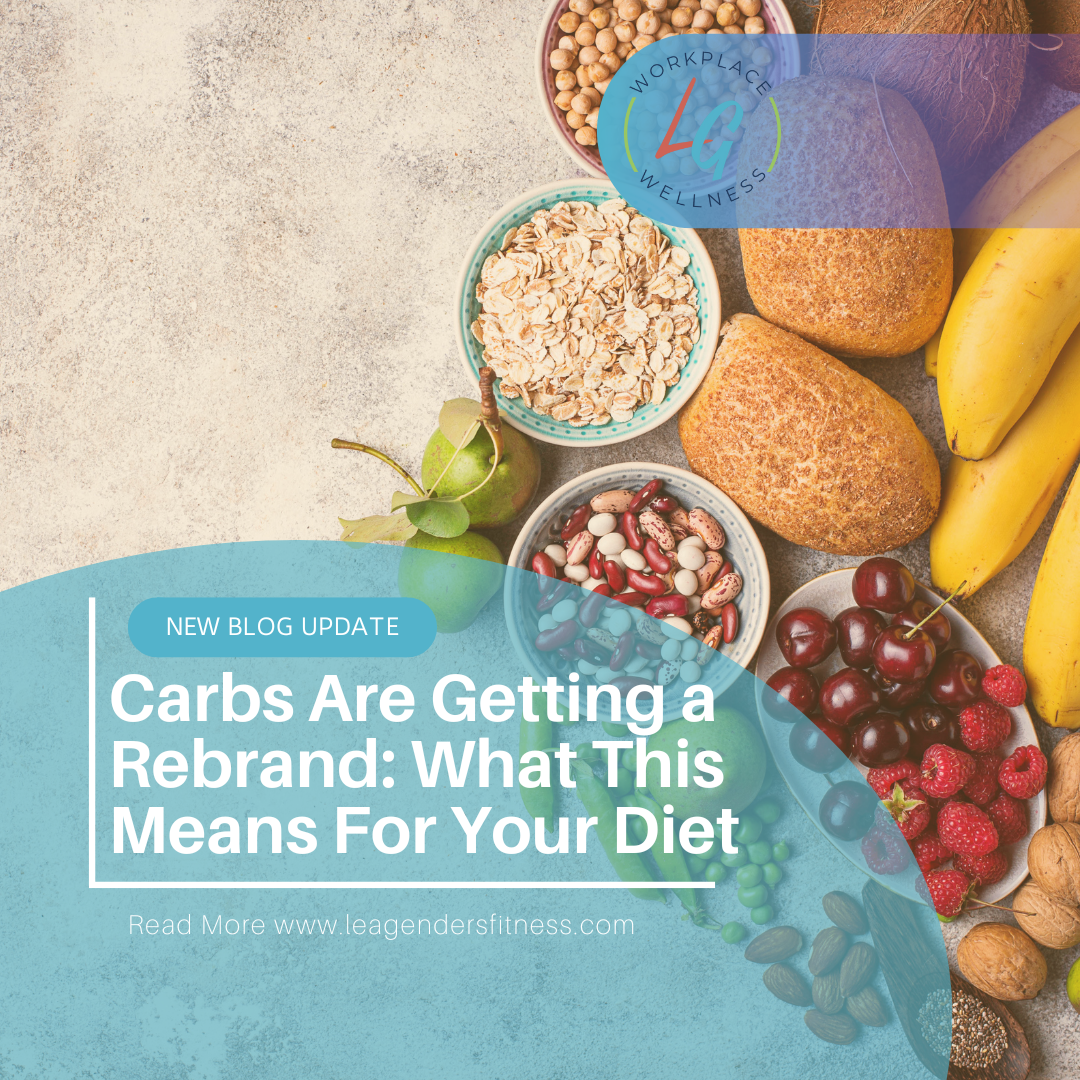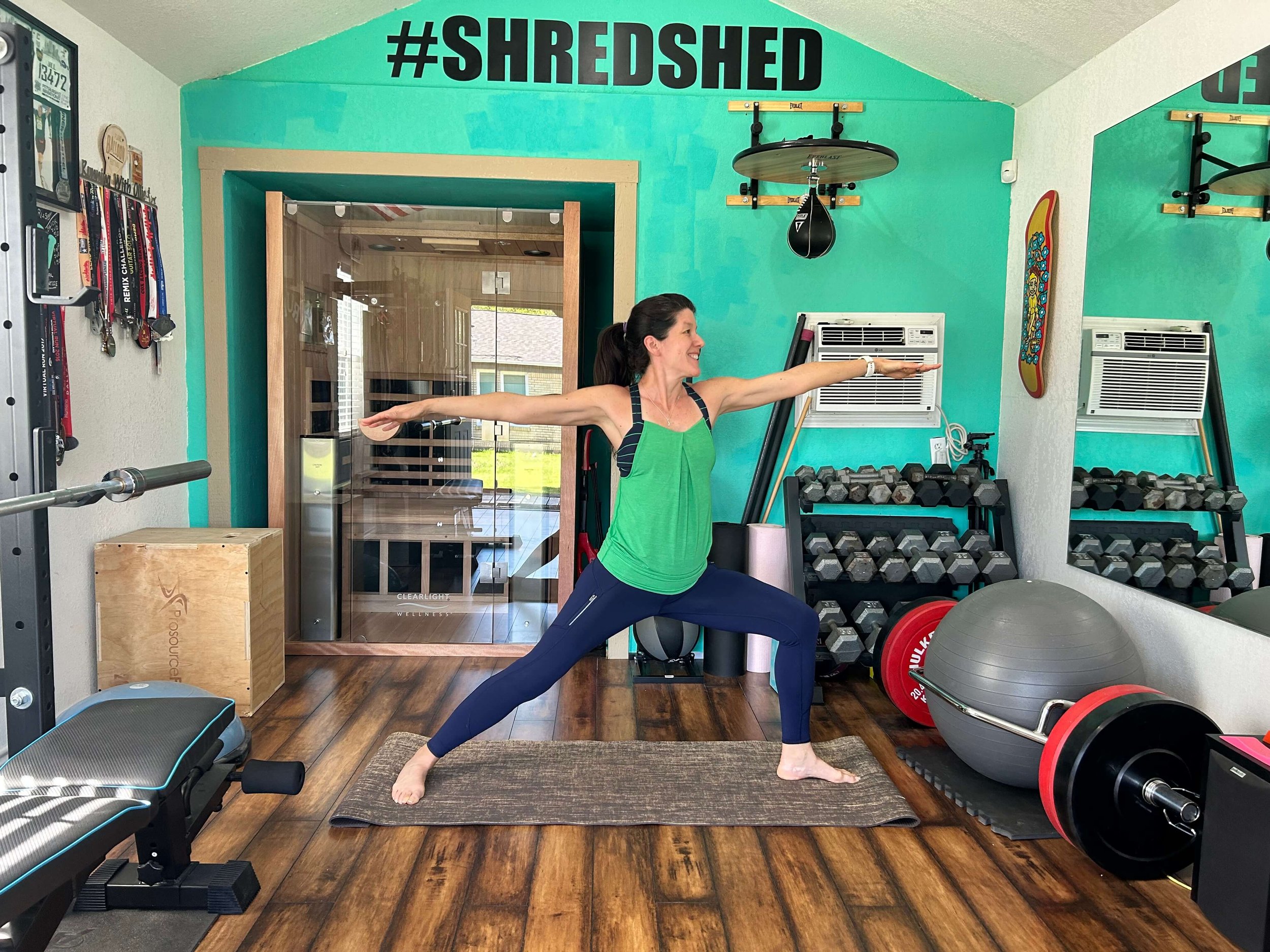I know I've been writing a lot about nutrition lately. It's because I recently finished my Precision Nutrition Sports and Exercise certification. I am discovering that I have this passion to help people with their nutrition.
THE PROBLEM WITH CHEAT MEALS AND WHAT YOU SHOULD DO INSTEAD
I don't have a problem with adding calorie surplus days, or even indulgence days, I just don't like to call them cheat days.
Cheat implies it isn't part of the plan. You cheat on your diet. Diets are flawed. You can't cheat on your lifestyle. You may say it's just semantics whether we call it a cheat day or an indulgence day but getting into the right mindset is paramount to success. Psychology is a big part of what is holding people back from reaching their goals.
When you make a commitment to long term permanent lifestyle changes then there is no more cheating. I prefer indulgence meals or calorie surplus days.
The reason that calorie surplus days are recommended is if you spend a lot of time in a calorie deficit (consuming less calories than your body needs for maintenance in order to lose weight) your body may down-regulate your metabolism in order to compensate. Your body is smart. When it realizes that that you are consistently taking in less food, it assumes that there is less food available and it adjusts so it doesn't need as much food to live.
Adding an occasional higher calorie day that meets or exceeds your daily calorie requirements sends the signal to your body that you are not starving and it's ok to keep that metabolism revving. There's no rule that that these higher calorie days have to be junk food days, it's totally possible to get a calorie surplus on healthy food...but what's the fun in that? Hah.
Indulgence meals are great for the mental aspect too. If you are usually very calculated about what you eat then it can be a mental and emotional break. I am all about balance, if you decide that you will never eat an unhealthy food again, you are setting yourself up to fail. There is always room for indulgences in your otherwise healthy lifestyle.
5 TIPS FOR HAVING an indulgent meal while maintaining a healthy balance.
1. No Guilt.
Savor it. Enjoy it. No guilt.
2. Plan ahead.
When trying your best to live a healthy lifestyle there will always be occasions when sticking to a healthy meal is not reasonable or sustainable. Do you want to tell your Italian Grandma that you can't have her garlic bread, spaghetti and homemade cannoli? Do you want to bring tupperware of chicken and broccoli to your best friend's wedding reception? I didn't think so.
Food is just as much about connection and joy as it is about nutrition. There will always be holidays, special occasions, celebrations and parties. If we miss out on the social and cultural connections over food, then we are missing out on a big part of health and happiness. Plan your indulgence meals around those celebrations and special occasions so you can have the best of both worlds.
3. Portion control.
An indulgence meal should not be a license to binge. Think about proper portions and eat slowly until you are 80% full. You will find that you are satisfied on less food, while still enjoying your indulgence.
I try to make choices on a continuum. Even if I am at a burger restaurant, I think to myself, how can I make this a little bit healthier? Maybe I'll enjoy that burger with a whole wheat bun instead of white. Maybe I'll skip the fries and order a salad on the side or maybe I'll order the fries, but get a veggie burger or salad. I find that I enjoy it just as much and a little indulgence is all I need.
If you have red flag foods that you know cause you to overindulge, then choose those foods sparingly or not at all. If you can't open a family size bag of chips without polishing it off, then the right choice for you may be to not open that bag. It's up to you. If you struggle with binging, I recommend working with a Registered Dietitian.
4. The 80/20 Rule.
I'm not good at math, but I try to make healthy choices 80% of the time and indulgent choices 20%. It's not a hard and fast calculation, but generally speaking it is 1-2 indulgence meals a week with maybe a treat thrown in..
Some people eat a strict healthy diet all week and then let loose on the weekends. I'd just ask you to consider if you are having an indulgence meal, an indulgence day or a whole indulgence weekend, every single weekend. If you decide to have indulgence weekends, that's 2.5 days, 35% of your week. I don't think there should be strict rules about when you and can not have indulgences, but if it is all weekend every weekend from Friday night through Sunday night of junk food, then you might consider how that could affect your goals.
5. Move on.
Don't allow an indulgence meal to be a trigger for more poor choices. Do it, love every second of it, and move on to your next healthy meal. This also means that you shouldn't attempt to exercise twice as long or hard the next day to compensate.
I always say what you do daily matters more than what you do occasionally. It goes both ways, if you eat healthy foods all week, one indulgent meal will not have a big impact on your results and if you eat junk food all the time, then one salad is not going to make a difference either.
When you find the balance of healthy foods and indulgent foods that you enjoy you really can have the best of both worlds. Eat foods that make you feel good, that taste good and you enjoy.
DO YOU EAT CLEAN OR DIRTY?
Do you eat clean? It's impossible to say. It means different things to different people. What I do know is that things go south when we moralize our food choices. You're not bad or dirty if you eat a less-than-healthy food and you're not a perfect angel because you made a healthy choice. In fact, orthorexia is a disorder associated with having an obsession with healthy eating.
We should aim to eat healthy foods from nature most of the time, but we are not bad people for choosing to eat things occasionally simply because they taste good.
I believe that there are no inherently good or bad foods. Some foods are good for your health, some foods are good for your soul (like Grandma's cannoli), and that's ok in moderation.
I've personally struggled with balance and yo-yo weight in my 30s. It wasn't until I let go of labels, rules, diets and guilt that I learned the art of balance. Once I went off diets and adopted health as a long term goal, the weight loss (and more importantly, maintenance) was a natural side effect.
What's your favorite indulgence meal? Mine is sushi and pizza (not together, silly)
What's your favorite healthy meal? I love spaghetti squash and eggs (Again, not together. Although that may be #strangebutgood)
Need help with your nutrition strategy? Tired of dieting? Want help developing healthy habits while staying sane and balanced? Join my nutrition and lifestyle coaching program today.
Like this post? If you agree, I'd love it if you would share.













































We spent years demonizing carbs, but the conversation is finally shifting from restriction to fiber. It is time to stop fearing fruit and vegetables and start fueling your body. Here is what the rebrand means for your diet.